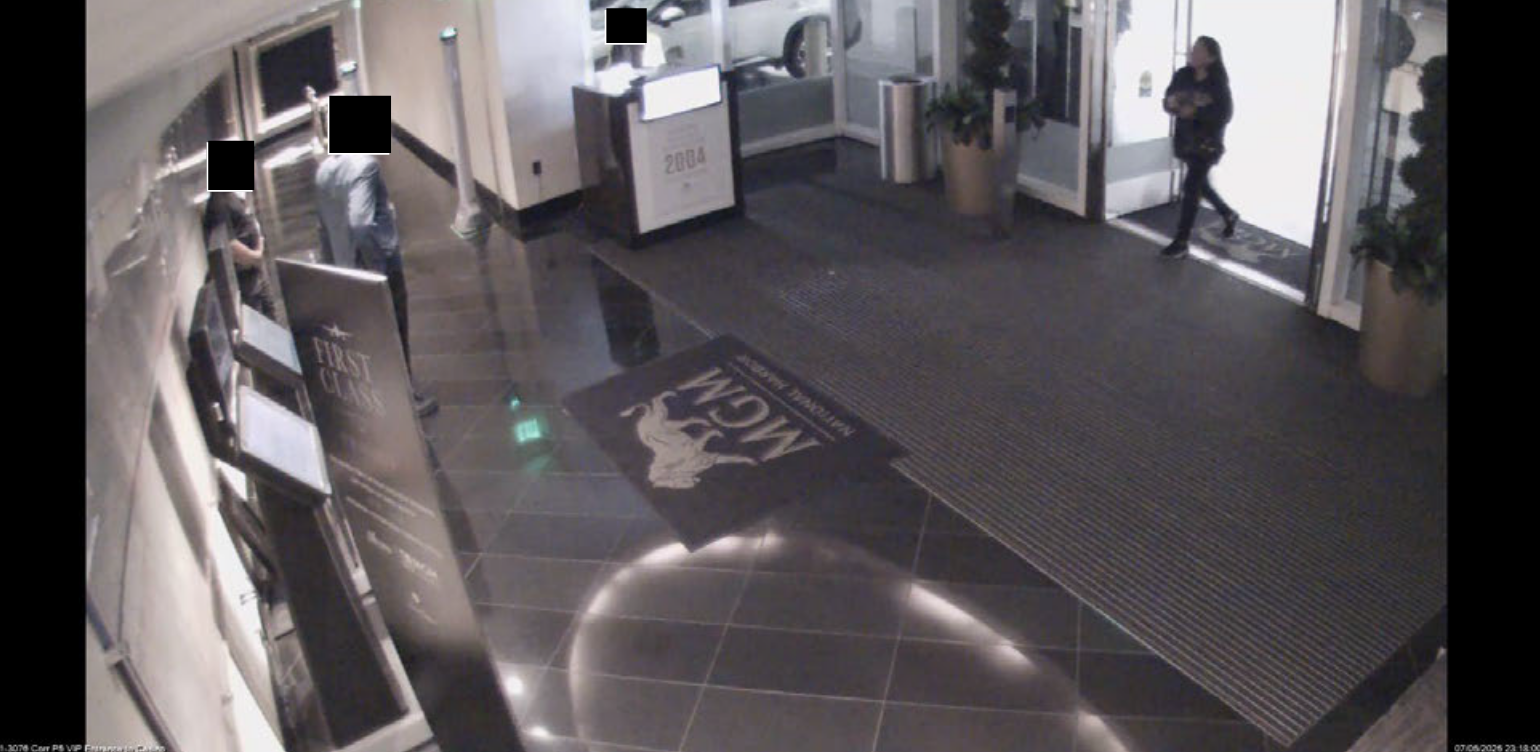How to use Quickbooks to steal from the State Department
Levita Almuete Ferrer was born in 1960 to a poor family in the Philippines, married a U.S. Navy sailor when she was 21, and became an American citizen. In 1989, she joined the Navy herself and served for 26 years, including tours in Italy and Japan, before retiring as a senior chief petty officer. Her last tour was in the defense attaché’s office at the U.S. embassy in Saudi Arabia.
Along the way, she earned a bachelor’s and two master’s degrees from online universities and accumulated real estate worth more than $1.8 million.

Source: LinkedIn. Date unknown.
After retiring from the Navy in 2015 she became a budget analyst for the U.S. State Department. Her last seven years were with the Office of the Chief of Protocol, which manages the logistics for visits by foreign leaders, arranges official dinners for the Secretary of State, and advises senior officials on diplomatic decorum.
Ferrer’s career ended in April, when she pleaded guilty in federal court to embezzling $657,347.50.
Ferrer, who lives in Montgomery Village, Maryland, stole the money to feed her addiction to slot machines, her lawyers said in court documents. Before she was caught, she was gambling as much as $30,000 a month at casinos.
She was able to steal so much because the protocol office paid vendors with QuickBooks. QuickBooks is accounting software typically used by small- and medium-sized businesses, not large government agencies. Designed for simplicity, it lacks the audit controls and security features found in more expensive software designed to protect large organizations from fraud.
Ferrer had signature authority to write checks on the State Department’s behalf. She would write checks to herself, deposit them in her bank, and change the payee line in QuickBooks to the name of a legitimate vendor. In two years she wrote 60 checks to herself.
Her lawyers said she first visited a casino 22 years ago, but her gambling did not get out of control until the COVID pandemic, when she began visiting a casino weekly to cope with stress. She once won $196,000 on a single night, but told her lawyers she believes she lost $900,000 between 2021 and 2024.
Her lawyers told the judge her addiction was similar to a cocaine addict’s. A therapist diagnosed her as a pathological gambler who suffered from depression and anxiety.
When she pleaded guilty, the judge allowed her to stay out of jail until her sentencing on the condition she stayed out of casinos, attended meetings of Gamblers Anonymous, and paid back the money she embezzled by selling three properties.
The same day, however, she went to the MGM National Harbor Casino near DC, then returned a week later. Prosecutors showed the judge surveillance footage from the casino of Ferrer at the high-limit slot machines in the early morning hours of May 8. The judge revoked her release and sent her to jail for four months.


At sentencing, she faced a maximum prison sentence of ten years, but her lawyers argued her time spent in the District of Columbia’s jail was punishment enough and she should not serve any prison time at all.
Her lawyers claimed she was legally disabled from her long career in the Navy, which she had joined to get away from her “physically and emotionally abusive” first husband. They cited the financial support she gave her granddaughter, her daughter, her late mother, and family back in the Phillipines. They argued that anyone suffering from an addiction like hers “does not act rationally and is less culpable than defendants who are able to rationally weigh the consequences.”
Ferrer also wrote a letter to the judge pleading for leniency. “I will have to live with what I have done for the rest of my life,” she wrote. “When I Google my name, the first thing that comes up is my criminal offense. Not the 26 years of honorable military service or the 10 years of public service for the State Department. All of this has been overshadowed by my crime.”
The judge sentenced her to a year in prison.